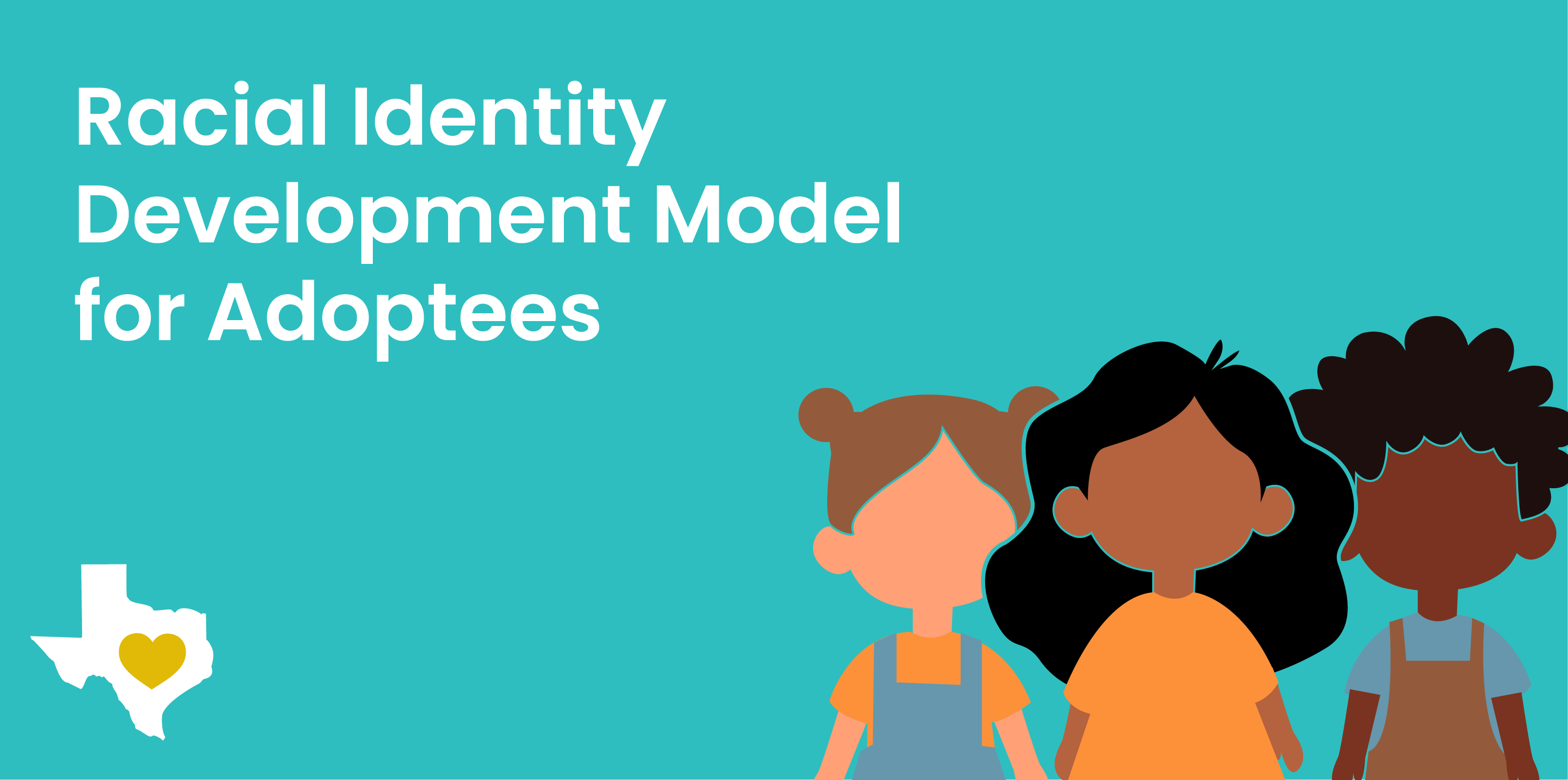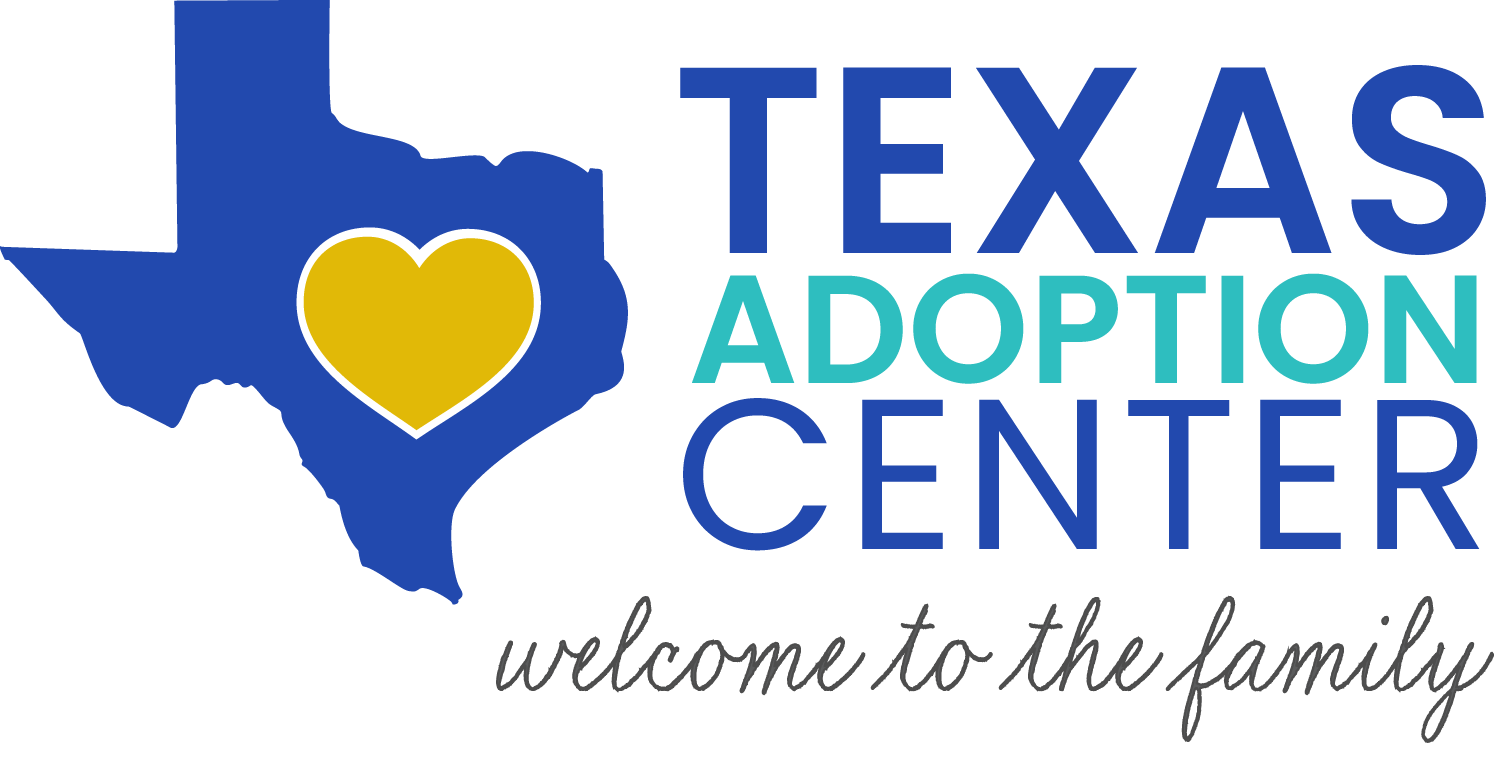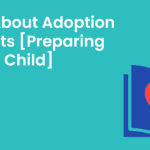
One crucial aspect of adoption that is often overlooked is the development of a strong racial identity among adoptees. Understanding and supporting this process is essential for creating a nurturing environment where transracial adopted children can thrive.
In this article, we’ll explore the racial identity development model that’s tailored specifically for adoptees. This includes the stages of identity formation, common challenges, and strategies for fostering a strong and healthy sense of racial identity within the context of transracial adoption.
Stages of Racial Identity Development
These are the common stages of racial identity development among children and adolescents.
Pre-Encounter Stage
This stage is characterized by a lack of awareness or acknowledgment of their racial identity. This lack of recognition may stem from various factors, including a homogenous environment, limited exposure to diverse cultures, or a focus on their adoptive family’s culture without much emphasis on their racial background.
During this stage, adoptees may not yet recognize the importance of their racial heritage or the impact it has on their identity formation.
Encounter Stage
The Encounter Stage marks a pivotal moment when kids become aware of their racial identity. This awareness often arises from experiences such as encountering discrimination, facing cultural differences, or receiving inquiries from others about their racial background.
These experiences can trigger a range of emotions, including confusion, curiosity, or a desire to learn more about their heritage. Adoptees may start questioning their identity, seeking information about their racial culture, and exploring how it shapes their sense of self.
Immersion/Emersion Stage
This stage is a dynamic phase where adoptees actively engage with their racial identity. They may immerse themselves in learning about their racial culture, exploring its traditions, histories, and values. This stage can involve seeking out connections with others who share their background, participating in cultural events, or learning the language associated with their heritage.
Alternatively, some adoptees may experience a period of rejecting their racial identity, feeling disconnected, or struggling with feelings of not belonging to any particular cultural group.
Internalization Stage
The Internalization Stage represents the culmination of the racial identity development process for adoptees. In this final stage, adoptees deeply internalize and accept their racial identity as an integral part of who they are. Ideally, children/teens develop a strong sense of belonging and pride in their heritage, integrating their racial identity into their overall sense of self.
Adoptees in this stage exhibit confidence in their cultural background, embrace diversity, and navigate life with a balanced and resilient identity that encompasses both their adoptive and racial identities.
Common Challenges in Racial Identity Development for Adoptees
Transracial adoption and developing a racial identity can be very challenging for many children. Here are some of the most common challenges that children may face.
Identity Confusion
This confusion often stems from the struggle to reconcile their racial identity with their adoptive family’s culture. Adoptees may experience internal conflicts about where they fit in, feeling torn between embracing their racial heritage and adopting the cultural norms and values of their adoptive family. This dilemma can lead to uncertainty about their identity, questioning their sense of belonging, and sometimes feeling pressured to choose between identities.
Microaggressions and Discrimination
Adoptees of different racial backgrounds often encounter microaggressions or overt discrimination based on their race. These experiences can have a profound impact on their self-esteem and sense of identity. Microaggressions, which are subtle yet harmful comments or actions that convey discriminatory attitudes, can chip away at a child’s confidence and make them question their worth and acceptance in society.
Overt discrimination, such as being denied opportunities or facing prejudice, further exacerbates the challenges adoptees face in developing a strong and positive racial identity.
Cultural Disconnect
A common challenge for adoptees is feeling disconnected from their racial culture due to limited exposure or opportunities to engage with it. This cultural disconnect can arise from growing up in environments where their racial heritage is not actively celebrated or integrated into daily life. Adoptees may experience a sense of loss or longing for connection to their cultural roots, leading to feelings of isolation or alienation.
Without meaningful connections to their racial culture, children may struggle to develop a deep understanding and appreciation of their heritage, impacting their sense of identity and belonging.
Pressure to Assimilate
Adoptees often face pressure to assimilate into the dominant culture, which can result in suppressing aspects of their racial identity to fit in. This pressure may come from societal expectations, peers, or even well-meaning family members who encourage adopting mainstream cultural norms and values. Adoptees may feel compelled to downplay or hide their cultural differences, fearing judgment if they express their racial identity authentically.
This internal conflict between assimilation and maintaining their cultural authenticity can lead to identity fragmentation, where kids struggle to reconcile conflicting expectations and find a sense of wholeness in their identity journey.
Strategies for Fostering a Strong Racial Identity
There are many, many steps that adoptive families and loved ones can take to help an adopted child of another race develop a strong and healthy sense of self.
Cultural Education and Exploration
Cultural education and exploration are essential in helping adoptees develop a strong racial identity. Providing adoptees with opportunities to learn about and explore their racial heritage can include:
- Books: Offer a diverse range of books that celebrate different cultures, histories, and traditions, allowing adoptees to connect with stories that reflect their racial background.
- Cultural Events: Attend cultural events, festivals, and celebrations that showcase the richness and diversity of their heritage, providing immersive experiences and opportunities to connect with their cultural community.
- Language Classes: If applicable, encourage learning the language associated with their racial culture, fostering a deeper understanding and connection to their heritage.
- Connections with Cultural Communities: Facilitate connections with cultural communities and organizations where adoptees can engage with peers who share their background, participate in cultural activities, and build meaningful relationships.
Open Dialogue and Support
Creating a supportive environment where open dialogue about race, identity, and adoption is encouraged is crucial for adoptees’ identity development. Strategies include family conversations that foster open and honest communication within the family about race, identity, and adoption, creating a safe space for children to express their thoughts and ask questions.
Support groups are also a great strategy. These groups, or even counseling services, specialize in addressing the unique challenges and complexities of racial identity development in adoption, providing guidance, validation, and emotional support.
Diverse Representation
Ensuring adoptees have access to diverse representation plays a vital role in shaping their sense of identity and belonging. Strategies include:
- Role Models: Introduce adoptees to diverse role models from their racial background, including leaders, artists, activists, and community members, who inspire and empower them to embrace their heritage.
- Media Representation: Curate a media environment that includes diverse representation in books, movies, TV shows, and online content, showcasing positive portrayals of people from diverse racial backgrounds and celebrating cultural diversity.
- Experiences: Provide opportunities for adoptees to engage in diverse experiences, such as travel, cultural exchanges, and community involvement, broadening their perspectives and deepening their connection to their racial identity.
Affirmation and Validation
Affirming and validating adoptees’ racial identity, experiences, and feelings is essential for fostering a positive sense of self. Strategies include:
Validation
Acknowledge and validate adoptees’ racial identity, experiences of discrimination, and challenges they may face in navigating their identity journey, emphasizing the importance and value of their heritage.
Affirmation
Provide affirmations and positive reinforcement that celebrate adoptees’ racial background, cultural contributions, and unique identity traits, boosting their confidence and self-esteem.
Empowerment
Encourage adoptees to take pride in their heritage, celebrate cultural traditions, and embrace their identity with confidence and resilience, empowering them to navigate life’s challenges with a strong sense of self.
Support All Forms of Adoption With Texas Adoption Center
At Texas Adoption Center, we embrace diversity and work to foster cultural connections for all adopted children. We help families provide a nurturing environment and give access to support systems that empower adoptees to embrace their racial heritage and navigate identity formation with confidence and resilience.
Contact us today to learn more.






